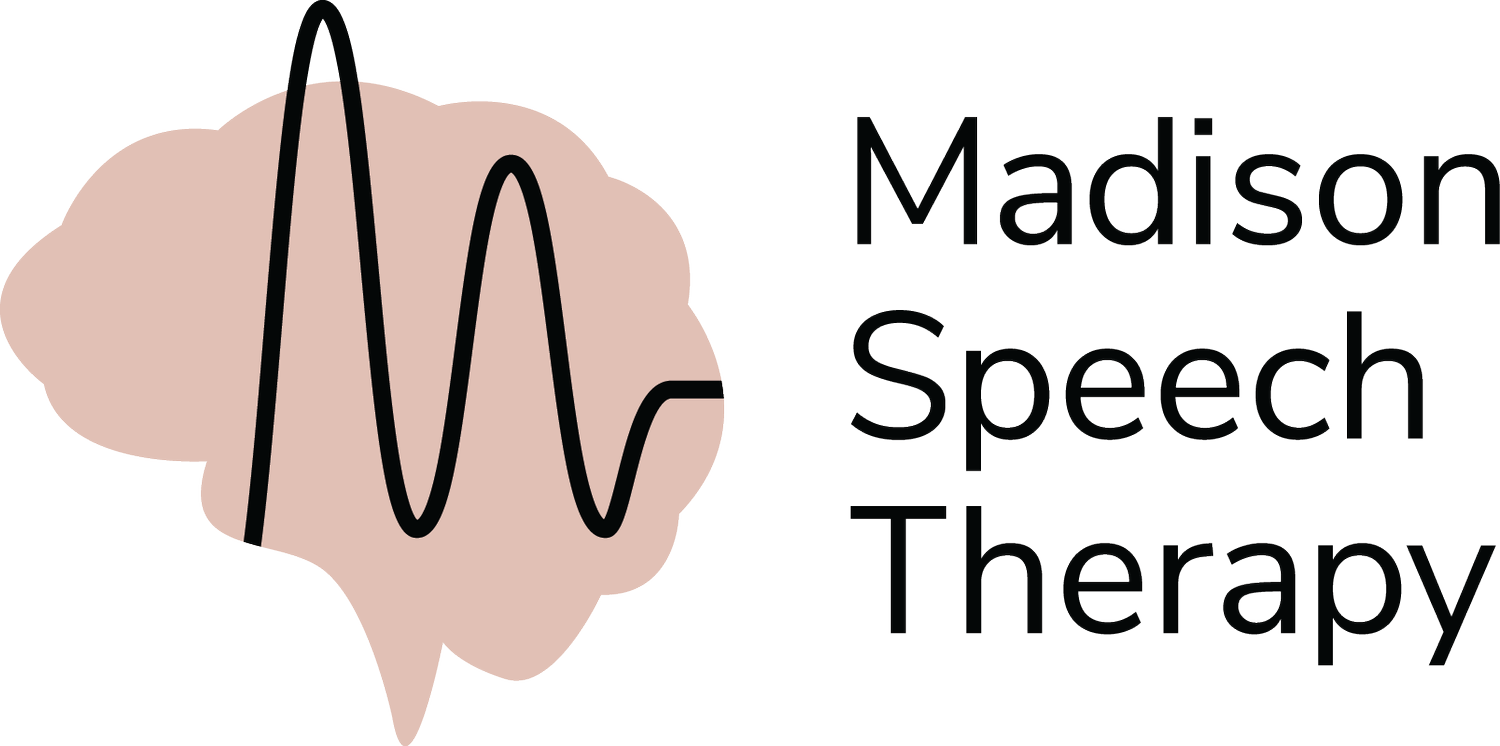Dementia Care - A Montessori Approach That Focuses on the Individual
It is estimated that 55 million people are living with Alzheimer's and other dementias.
Dementia is an umbrella term for a group of degenerative brain conditions that are marked by gradually changing memory, communication, and independence skills. Alzheimer's is the most common form of dementia but other forms of dementia include:
Frontotemporal Dementia (FTD)
Vascular Dementia
Dementia with Lewy Bodies
Parkinson's Disease Dementia
Huntington's Disease
Creutzfeldt-Jakob Disease
Mixed Dementia
There are three stages associated with dementia:
Early - You might notice subtle changes like more forgetfulness
Middle - Your memory challenges are more significant and you may need reminders and help from others for most or all daily activities
Late - Your symptoms impact all aspects of your life and you need support 24/7
Each stage has its own strengths and challenges.
Every person with dementia is unique and deserves a personalized approach that promotes their autonomy and choice, regardless of stage.
The Montessori Approach to Dementia Care focuses on:
Person-focused interventions that respect individual needs
Dignity and respect
Promoting social skills
Improving the home space to encourage activity and freedom of movement
Fostering independence
Offering hands-on activities that focus on success and prevent failure
Focus on strengths rather than disability
Address physical, cognitive, and emotions needs
Use family and other care partners as guides and observers
At Madison Speech Therapy, we believe the Montessori Approach is the most respectful and beneficial approach for individuals living with dementia.
Our therapists are Certified Montessori Dementia Care Professionals through the ICCDP.
Our care plans include:
Evaluation of the person's environment to identify opportunities for engagement
Thorough cognitive-communication assessment to identify the person's current stage of dementia which will reveal the most beneficial treatment
Counseling and education for families and care partners
Home-based interventions and training to increase independence and reduce care partner burn-out
We also offer care partner specific counseling and training that can be completed outside of the therapy session. This is a private pay service that empowers families and care partners to:
Provide the most helpful cues and supports
Speak in a way that will be best understood by the loved one
Choose tasks that foster engagement and avoid "infantilization" or treating the person like a child
Ideas for home modification that improve the environment
If you or a loved one are experiencing challenges
associated with dementia, we can help!
